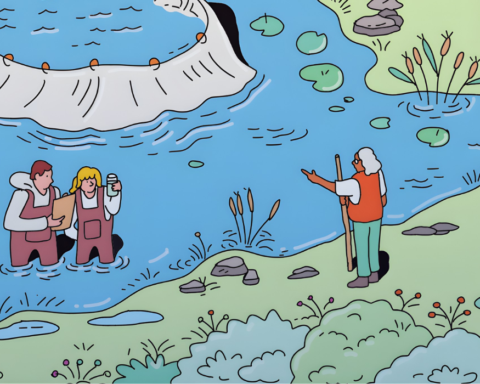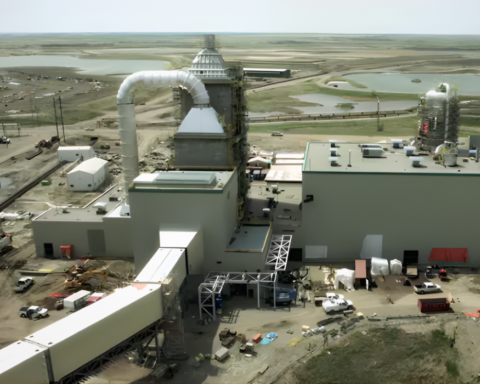Before she began studying sustainability management at Columbia University in New York, Sharah Saputra grew up in Jakarta, the capital of Indonesia. Her family home stands just steps from the muddy Angke River, which used to flood every January. But in 2022, Saputra noted in an article for the Columbia Climate School, “the floods came almost every month. Heavy rains poured down even during the dry season.” Saputra isn’t alone in blaming climate change for bringing more rain. In 2022, flooding submerged or destroyed a million Indonesian homes and caused 188 deaths.
Jakarta (regional population 33 million) also contends with earthquakes, recording more than 80 in 2023 alone. And since the city was built on swampland, rapid urbanization and groundwater extraction have resulted in parts of the city sinking by up to 20 centimetres a year. Surrounded by coal plants, Jakarta is also one of the world’s most polluted cities, and lung disease is on the rise.
Clearly, bold action is required to transform Jakarta into a resilient 21st-century city. The authorities’ response? They’re moving out.
In what may be the world’s biggest act of deflection, they’re building a new capital, Nusantara, in a lush, hilly landscape on the island of Borneo, 1,200 kilometres northeast. Yes, the government will invest US$40 billion to slow Jakarta’s sinking, but it will spend US$38 billion on the new capital. It’s been billed as a “low-carbon super hub” – but the plan was reportedly approved in just 42 days, making it the fastest bill ever approved by Indonesia’s parliament.
Also hasty is the timetable for building this new metropolis. Construction began in July 2022, and Nusantara’s inauguration is planned for this August. Critics say the planning process was rushed, with limited consultation and environmental consideration. Local people complain they were never consulted about the project, which has disrupted their lives and livelihoods. An Indigenous Peoples’ alliance estimates that 20,000 Indigenous people face relocation – with scant compensation. Not to mention, roughly 2,500 hectares of rainforest have been cleared to make way for the city, and so far reforestation has been haphazard.
Rather than pointing to a better future, Nusantara reflects “the failure of successive administrations in Jakarta to take on and manage the problems of Jakarta,” Ian Wilson, a lecturer in Indonesian politics at Australia’s Murdoch University, told Time magazine. “The problems of Jakarta will remain, regardless of Nusantara.”
Columbia’s Saputra believes the root of all these problems lies in educating more Indonesians on the perils of climate change. But Jakarta’s problems may equally be a global lesson: you can’t outrun climate change.
This story is part of our Spring 2024 issue.







